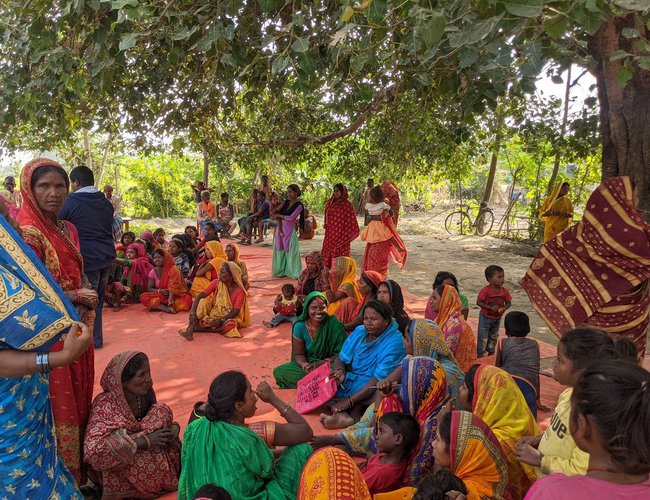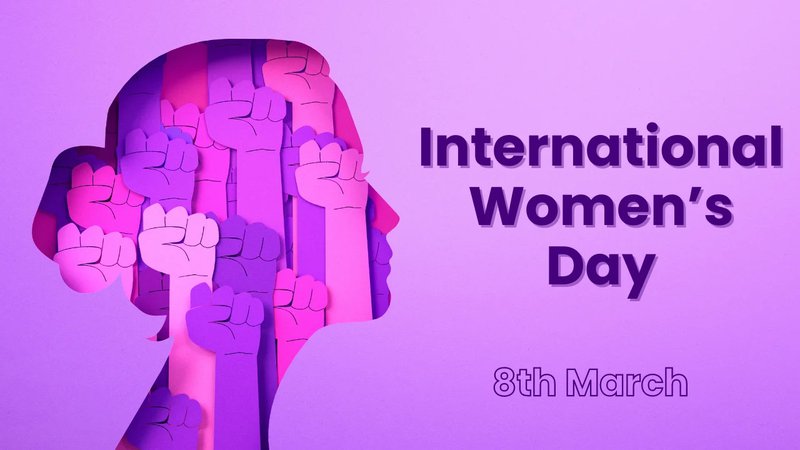
Gender equality is fundamental for sustainable development, yet progress remains slow and uneven globally due to systemic barriers faced by women. However, investing in women presents a transformative solution beyond traditional charity. Investing in women recognizes their potential to drive progress, leading to improved economic growth, health outcomes, and social cohesion. This approach acknowledges women as agents of change and directs resources to empower them economically, socially, and politically.
One of the most important elements in investing in women in the Global South is ensuring access to education and skill development. Education serves as a foundational pillar for empowering women economically, socially, and politically. By providing young girls and women with quality education, including basic literacy and numeracy skills, as well as opportunities for higher education and vocational training, they gain the knowledge and tools necessary to break the cycle of poverty, pursue meaningful employment, and contribute actively to their communities and economies.
Investing in education and skill development for young girls and women has far-reaching benefits. It not only enhances their individual capabilities and prospects but also leads to broader societal improvements, including better health outcomes, reduced child mortality rates, and increased economic productivity. Moreover, educated women are more likely to participate in decision-making processes, advocate for their rights, and challenge discriminatory norms and practices, thus contributing to progress towards gender equality at both local, national, and global levels.

There are several best-case examples of successful investments in women's education and training that have led to tangible improvements in gender equality and socio-economic development. BRAC education program in Bangladesh provides non-formal primary education to marginalized communities, particularly girls, through flexible and gender-sensitive community-based schools. This has boosted girls' enrollment and retention rates, as well as literacy and numeracy skills in rural areas. SEWA's Vocational Training Program in India offers tailored vocational training to women in the informal sector, enabling them to gain economic independence through skills like tailoring and food processing.
Rwanda's Girls' Education Policy addresses gender disparities in education through curriculum reforms, scholarships, infrastructure improvements, and teacher training. The Malala Fund's Gulmakai Network supports grassroots efforts to advocate for girls' education in countries like Pakistan, Afghanistan, and Nigeria. In Nepal, the Female Community Health Volunteers (FCHVs) program plays a crucial role in promoting health education and awareness, particularly among young girls and women in rural areas. FCHVs are trained volunteers selected from within local communities to deliver essential health services, including maternal and child health education, family planning, and hygiene promotion.
These instances show the positive impact of investing in the education and skill development of young girls and women, which not only benefits individuals but also promotes wider socio-economic progress and gender equality. It’s a ripple effect that transforms communities and generations!
Author: Dr. Prabin Manandhar is an expert in international development. Currently, he is working as the Country Director of Helvetas Swiss Intercooperation Nepal. He is the Former Chair of the Association of International NGOs in Nepal (AIN). He is also a visiting faculty at Kathmandu University and the Tribhuvan University Institute of Crisis Management Studies. The opinions are his own and not that of his employer. He can be reached at prabin.manandhar11@gmail.com
- World Humanitarian Day 2024: Committing to Peace and Accountability
- Aug 19, 2024
- Nepal Investment Summit: Unlocking Economic Potentials For Growth And Development
- Apr 28, 2024
- Embracing The 'Empty Chair: Advancing Global Inclusivity And Equitable Development
- Dec 29, 2023
- Mental Health In Youth
- Jul 16, 2023
- Controversial Constituency Development Fund in Nepal: Public Concerns
- Jun 18, 2023

















